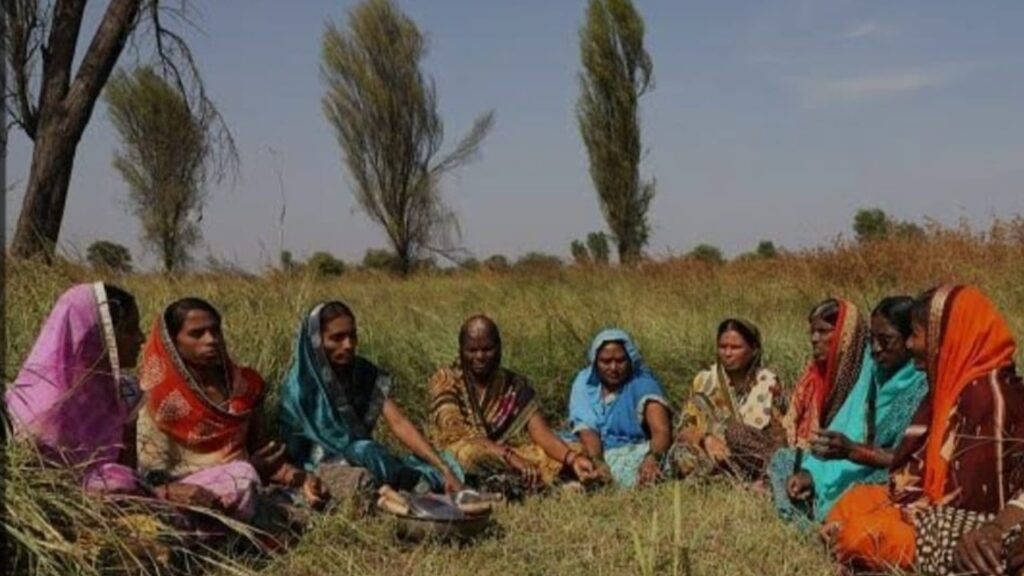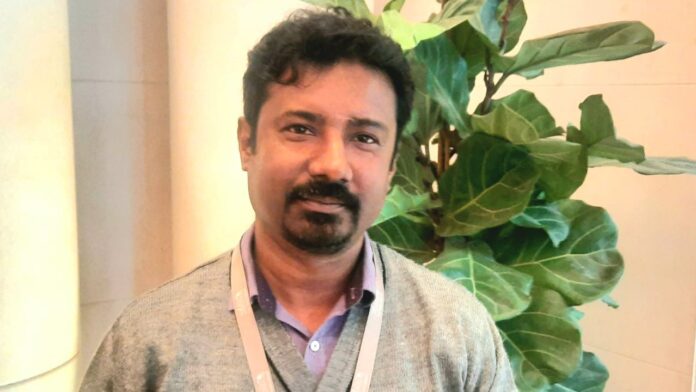Established in 1983, PRADAN (Professional Assistance for Development Action) is a non-governmental, non-profit organization dedicated to uplifting India’s rural poor, especially women. Operating in seven of the nation’s most impoverished states, PRADAN professionals actively engage with underprivileged communities, guiding them towards escaping poverty and leading lives of dignity.
PRADAN’s approach involves the promotion of Self-Help Groups, the development of locally relevant economic activities, mobilization of finances from government schemes, and the introduction of models aimed at improving the livelihoods of rural communities while ensuring the sustainability of their progress.
A key focus for PRADAN is women, driven by the belief that even those deemed most disadvantaged in society possess the capacity to instigate the change they need. To realize this vision, the organization recruits highly educated young professionals who collaborate with residents in the most impoverished villages.
Avijit Choudhury, Integrator (Operations) at PRADAN, shares insights on how the organization is elevating the livelihoods of women farmers in the country during an interview with The Interview World. The following excerpts shed light on PRADAN’s impactful initiatives.
Q: How is PRADAN contributing to the livelihood of women?
A: PRADAN, a well-established organization with a 40-year history, stands out as one of the largest NGOs in the country, particularly in the livelihood sector. Our collaboration extends to various government levels, with a significant focus on the central and state governments. Operating across eight states, predominantly in central India—namely Bihar, West Bengal, Madhya Pradesh, Chhattisgarh, Odisha, Rajasthan, and Tamil Nadu—we have been actively engaged in empowering women.
Our approach begins at the grassroots level, with women serving as the pivotal entry point into villages. Initial interactions take place through self-help groups, forming the foundation of our work. Presently, our outreach spans around 8,000 villages, encompassing approximately one lakh self-help groups. Our core mission involves helping these women enhance their livelihoods and customizing solutions based on regional contexts.
Whether addressing the challenges posed by floods in Rajasthan or the unique topography in Jharkhand, we tailor our livelihood solutions accordingly. This direct community engagement represents one facet of our multifaceted approach. The other dimension involves upstream collaboration with government bodies, such as state governments, exemplified by our participation in the Agriculture Production Cluster program.
We initiated this program in collaboration with the Odisha government, initially spanning 14 districts. Subsequently, the program expanded to encompass all districts within the state. Our objective is to assist in organizing 4000 women farmers into clusters, transforming the entire agricultural system to be market-oriented. This involves establishing crucial linkages and coordinating efforts across various government departments to enhance infrastructure and provide comprehensive support to farmers. Our work encompasses a broad spectrum, ranging from direct community engagement to collaborating with policymakers.
Q: What recommendations do you propose for optimizing the policy of FPOs with a focus on enhancing the inclusion of women?
A: A crucial recommendation we emphasize is the need to distinguish between women-run Farmer Producer Organizations (FPOs) and those led by men. Women face initial disadvantages, viewing the FPO not just as an entity but as an enterprise – a business venture. Jumping into an FPO for them is a significant undertaking, and achieving sustainability within two or three years poses a considerable challenge.
To address this, we propose extending the government’s support from the current three years to a more realistic five-year period under the 10,000 sector scheme. This extended support is vital for the survival of women-led FPOs. The supporting partner, often an NGO functioning as a Cluster Based Business Organization (CBBO), plays a crucial role in enabling FPOs. With this extended timeframe, they have the necessary time and bandwidth to actively engage with women in the FPOs.
Engagement involves assisting women in adapting to the unfamiliar concepts of creating business plans, establishing market linkages, and other essential aspects. Recognizing that these concepts may be alien to women, it is imperative to provide adequate time for them to absorb and incorporate these practices seamlessly into their natural farming processes.
Q: What is the scope of the collective power of women-led FPOs to empower women farmers in the country?
A: To clarify, the essence of my point is that when we observe an FPO, it is crucial to acknowledge its modest scale within the broader context. Even if 2000 or 3000 women unite under its umbrella, their collective voice remains relatively small and unaffected by larger market forces. However, envisioning a model akin to Amul, where federations of FPOs emerge, is where the real impact lies. These federations not only amplify their voice but also transform into both market and political forces.
Consider, for instance, the scenario where all the women-led FPOs in Jharkhand—let’s say there are a hundred of them—come together under a single federation. The resulting collective power would be substantial, both politically and economically. This newfound strength could be wielded to influence government policies, steering them toward a more women-friendly and gender-sensitive direction.
In essence, we need organizations rooted in women-led agriculture. Such organizations possess the potential to generate superior outputs, ultimately contributing to the empowerment of women farmers across the country.
Q: Could you articulate the impact created by PRADAN?
A: Engaging with a remarkable network of over 1 million women, organized into 83,315 Self-Help Groups (SHGs), PRADAN spearheads one of the world’s most extensive civil society initiatives. These groups collectively have disbursed credit amounting to nearly INR 7,209 billion (~US$88m).
PRADAN’s commitment extends to supporting 190 women’s Block Level and Cluster Level Federations, which serve as an associative tier for self-help groups. These Federations empower their members, enabling them to raise their voices against exploitation and violence.
Furthermore, PRADAN’s impact on rural communities is substantial. Having assisted approximately 714,437 families, the organization facilitates crop selection and access to modern markets. This intervention results in a three to fourfold increase in productivity and ensures year-round food security.
In the realm of agriculture, PRADAN focuses on supporting over 200,944 small-holding farmers with integrated natural resource management, building resilience to water variability induced by climate change.
Additionally, the organization has collaborated with more than 141,449 families to ensure irrigation in 56,634 hectares (ha) and improved soil moisture availability in an additional 45,194 hectares (ha). Every year, PRADAN plays a direct role in helping these families adopt water conservation models, leading to a substantial increase in household incomes ranging from 75-100%.



